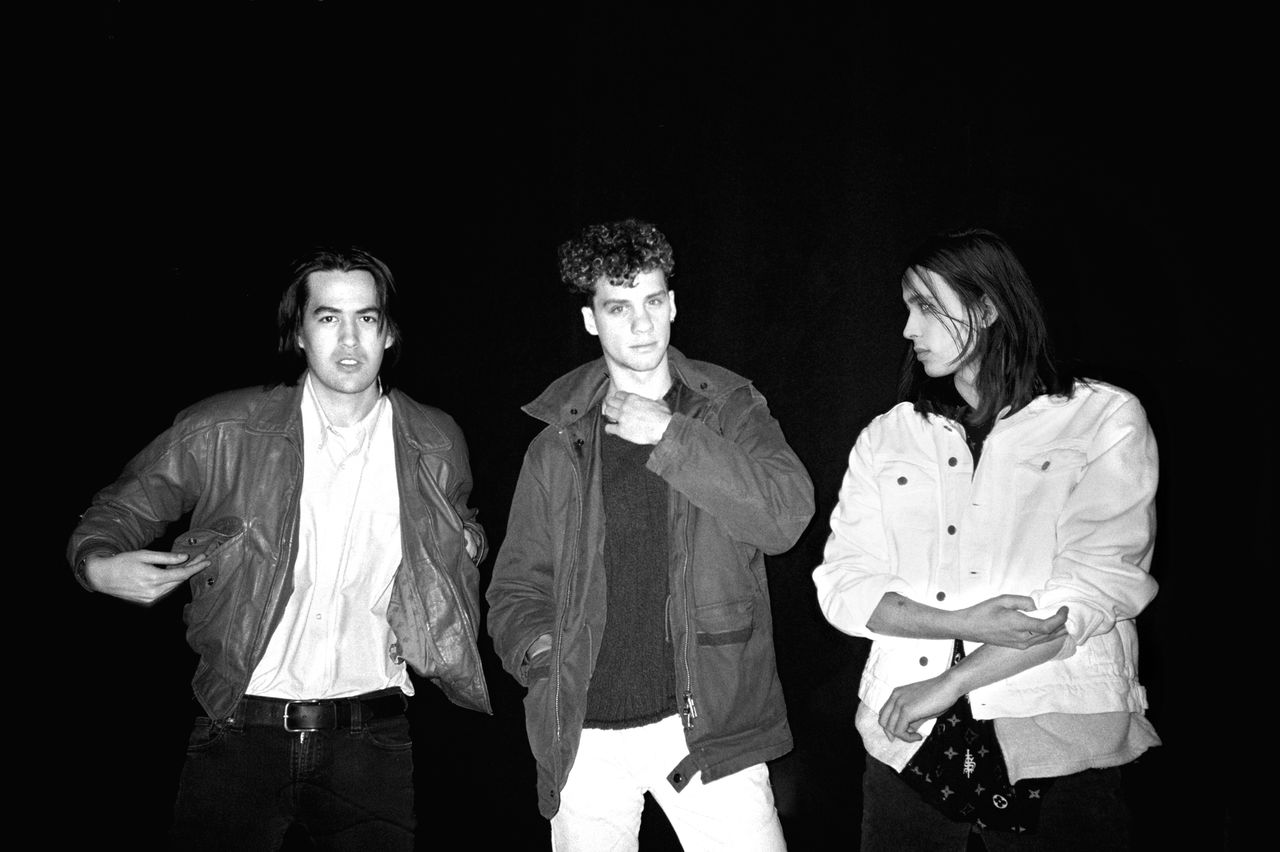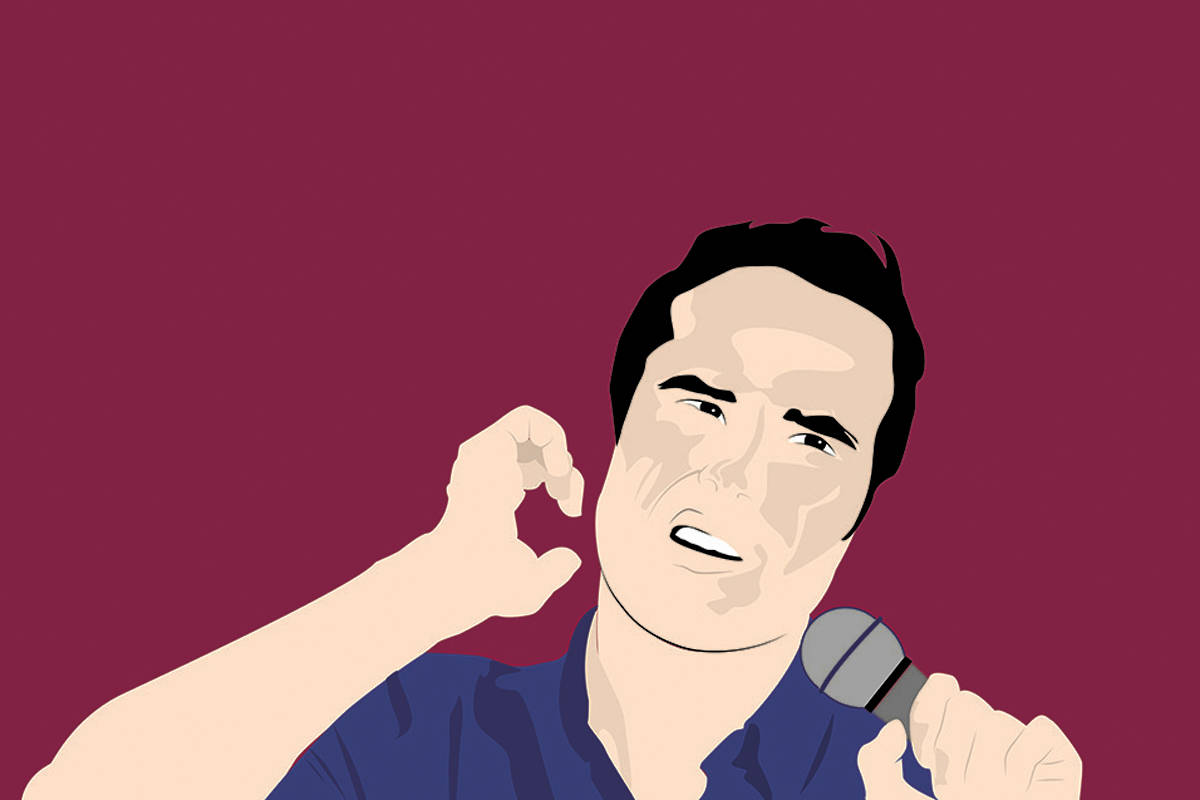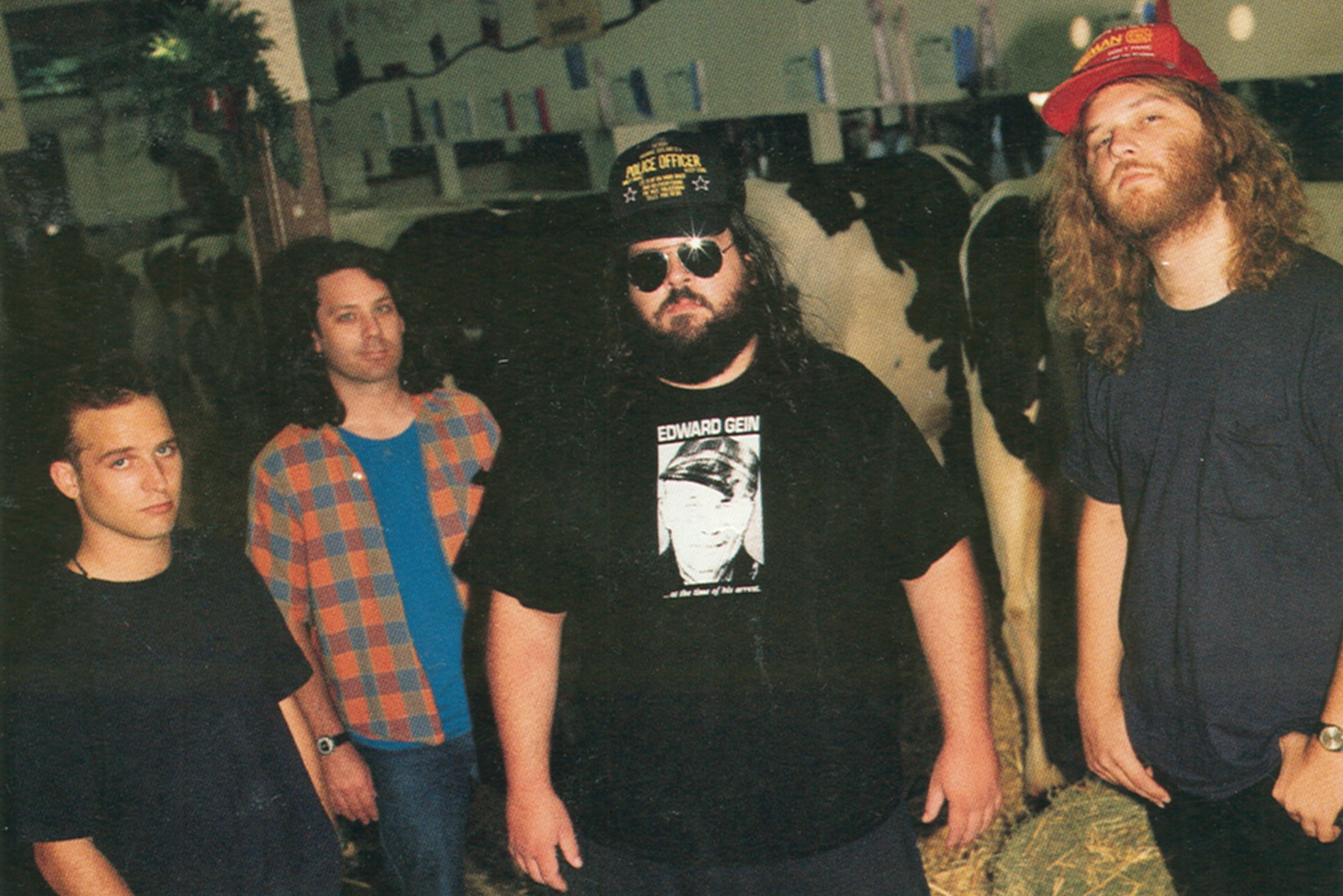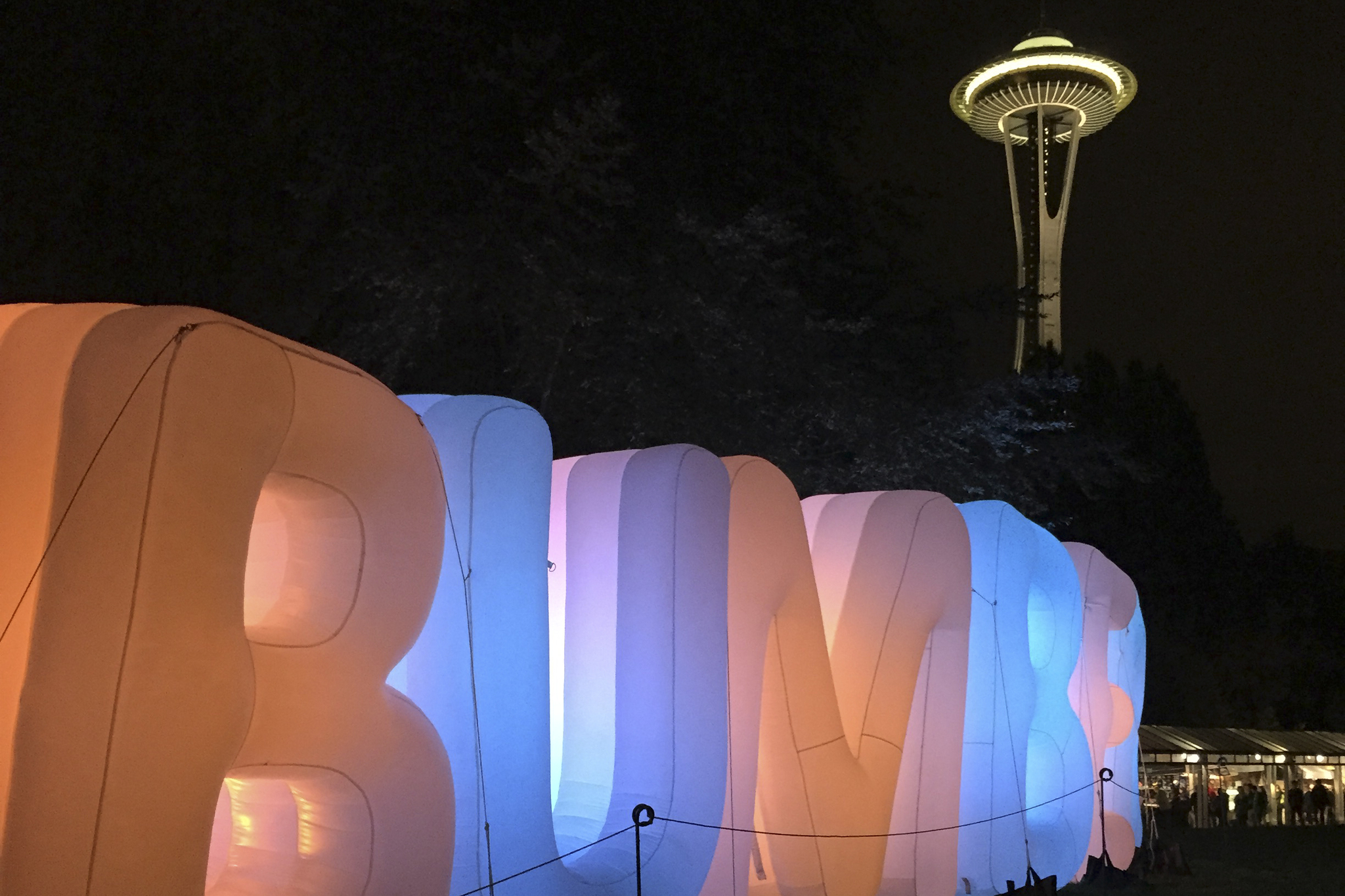On its third record, Soft Will, Chicago trio Smith Westerns have grown up and slowed down a bit. Whereas its second release, Dye It Blonde, was a vintage glam rock affair, the band’s latest is a contemplative, sun-kissed, dream-pop endeavor created during an extended hiatus after spending most of 2011 on the road. For the latest edition of Tell Me About That Album, we chatted with the band’s guitarist Max Kakacek about the latest release, getting signed at a young age, and a recent Lollapalooza homecoming. Smith Westerns play the
Crocodile
on August 16th, preceded by an in-store at Sonic Boom at 6 p.m.
Most of the record was formed after a well-deserved break after a lot of touring in 2011. Where were you at mentally at that point and how did that end up informing
Soft Will
? I think a lot of it had to do with the fact that it was a fast-paced year and we were playing a lot of fast-paced music. When we got back, we felt not necessarily tired, but a little burned out. As a result, the songs that came out on Soft Will were a little more mellow, a little more relaxed and a little bit more contemplative.
Was the writing process different because you had a longer break or was that part essentially the same as with previous releases? [Singer Cullen Omori and I] write together. We both work on the skeleton of the song together. He does all the vocal parts and I do all the instruments. The writing process was the same but the difference was that when we got back from tour, we hadn’t been home for so long that our belongings were at our parents’ house. He and I got an apartment together and lived together while we wrote the record, which was a different thing.
A lot of critics have praised the record for being your most grown-up record and for expanding the band’s worldview. Do you think that’s accurate? For us, we were just trying to make a record that was, in our opinion, better than Dye It Blonde and a little more thoughtful. If that’s what people take from it then I agree, but there was never a conversation about how this would be our coming of age record.
You’ve said that each time out you hope to make a different-sounding record. Is that something that can happen organically or do you have to work at making that happen? There definitely were some conscious things, at least on my end. What I can say is that with things like guitar solos, there was a lot less of the straight-up fuzzy guitar than there was on Dye It Blonde, which I used on pretty much every song. It’s things like that, smaller things like making arrangements more dense or having more subtle instrumentation.
Can you tell me about the title
Soft Will
and where it came from? Cullen named it after a lyric but I believe that a lot of the lyrics have to do with disillusionment and the idea of coming back from tour and not knowing what to do with yourself and being unsure.
You guys starting making records while you were teenagers. Do you have any regrets about not pursuing any kind of higher education? I went to college for a year and half and Cullen did a semester and [bassist Cameron Omori] did a semester as well. We went to one of the better public high schools in Chicago and I think all of us in the back of our mind wonder about that future life and when you’re 40 if you’ll regret it. But none of us are at the point where we regret it at all. We’re doing what we love to do and we’ve been doing it for five years. We like touring. We like making records. I think that was something that we all thought about while making Soft Will, that this is what we love to do.
You said recently that you’ve moved past some of the youthful music you grew up listening to. I’m curious which bands were the most intriguing to you as a young musician. Did you ever have the classic guitar hero influences like Jimmy Page and Jimi Hendrix? When I first started playing guitar in 8th grade those were my influences. But when I got to high school indie bands were starting to become more popular, like Pitchfork stuff. That was the early blog days so there was this natural push against classic rock. We were never really into that kind of indie stuff but as a result we rejected classic rock. Led Zeppelin was for dads and we thought the music was silly or unimportant. After high school we re-embraced the classic rock guys but we hadn’t listened to them in forever. Having been away from that music for so long and listening to only ‘60s garage bands, it’s really refreshing.
How was it playing Lollapallooza? It must have been a treat to play for so many people in your hometown? It was amazing. We played one of the biggest stages and it faced all of downtown, which was really cool. We’d been on tour for about two weeks and it was refreshing to be back in our city playing this big show.
And I imagine it must be cool to have your hometown show be such a big one, where your friends and family can come hang. Your parents come and see you and they’re like, “This is what it’s like? This is amazing!” And you’re like, “This is the most glamorous weekend you’ll ever have.” But it’s fun to embrace that romanticized notion.








